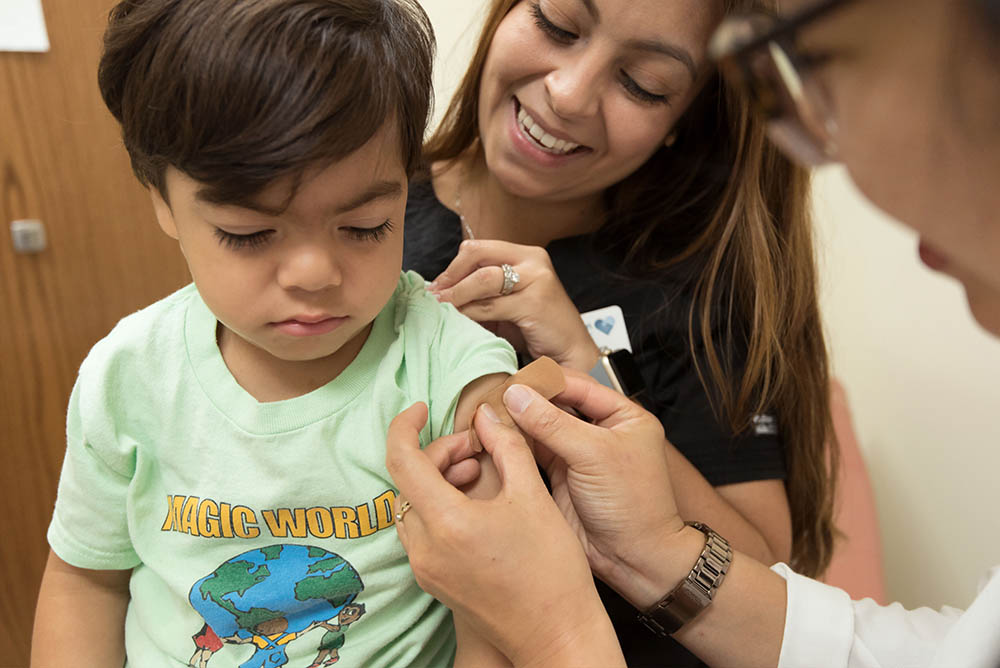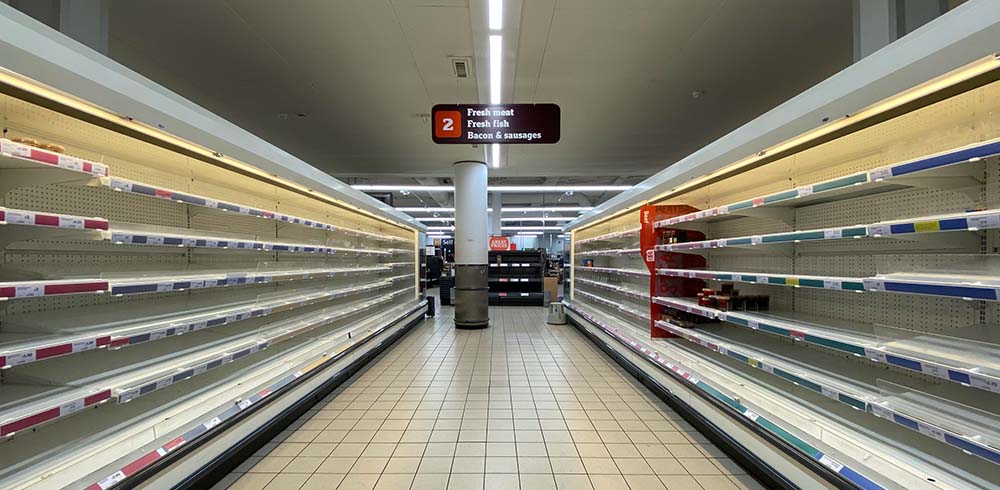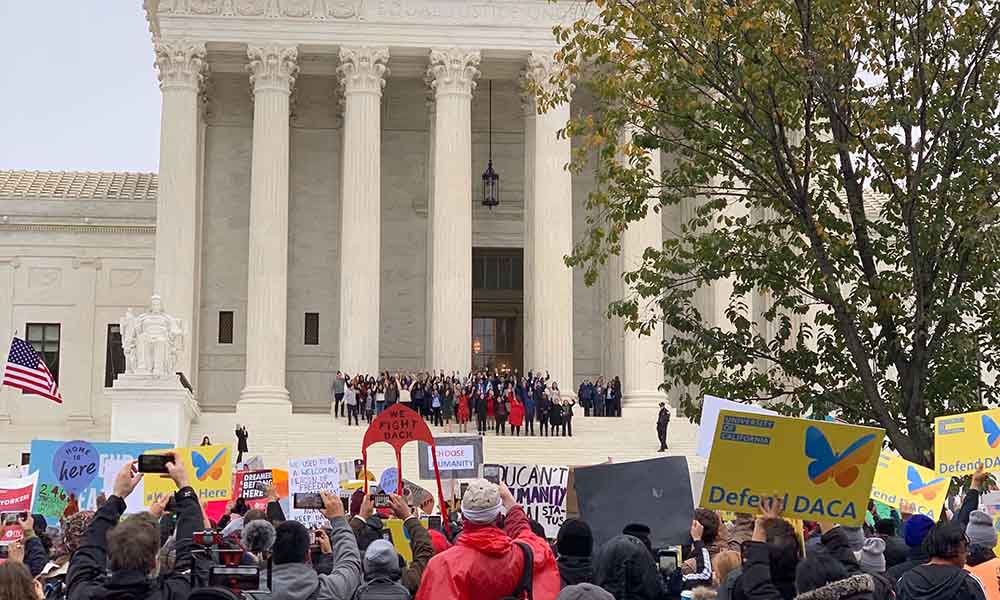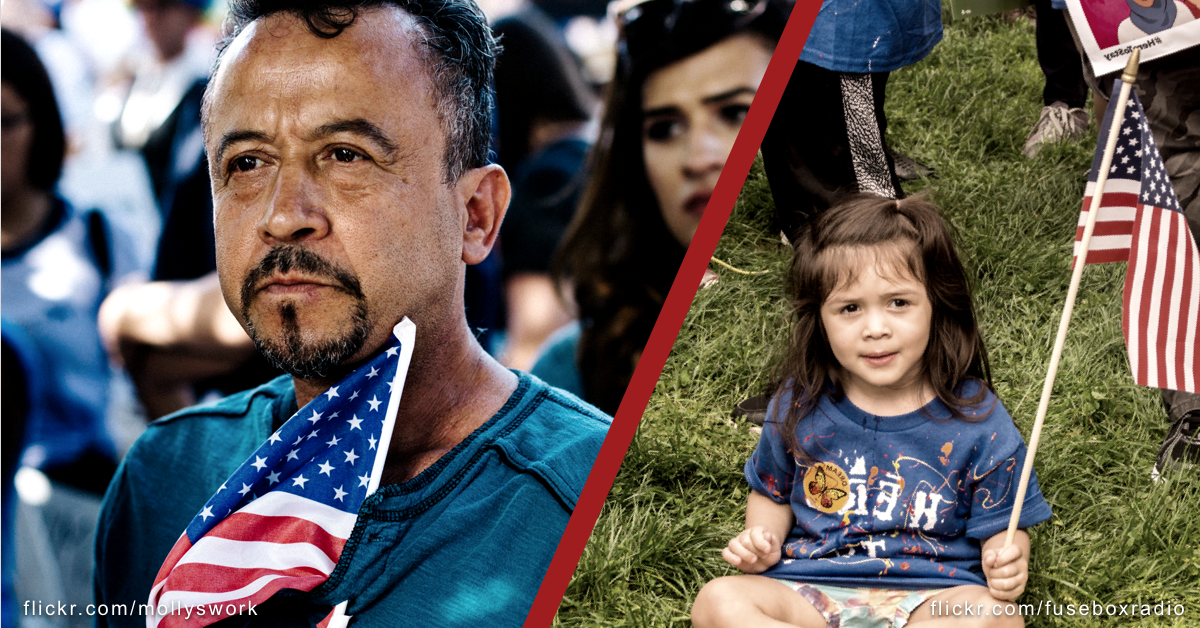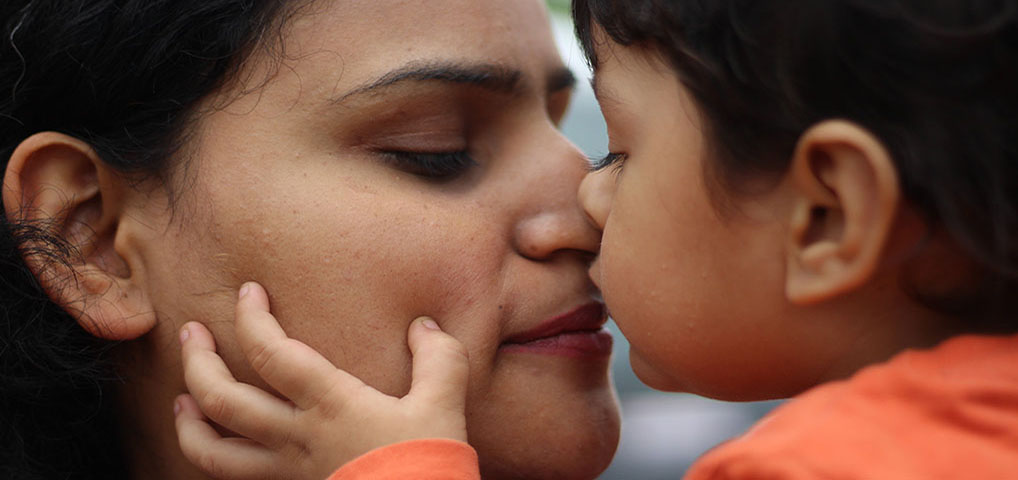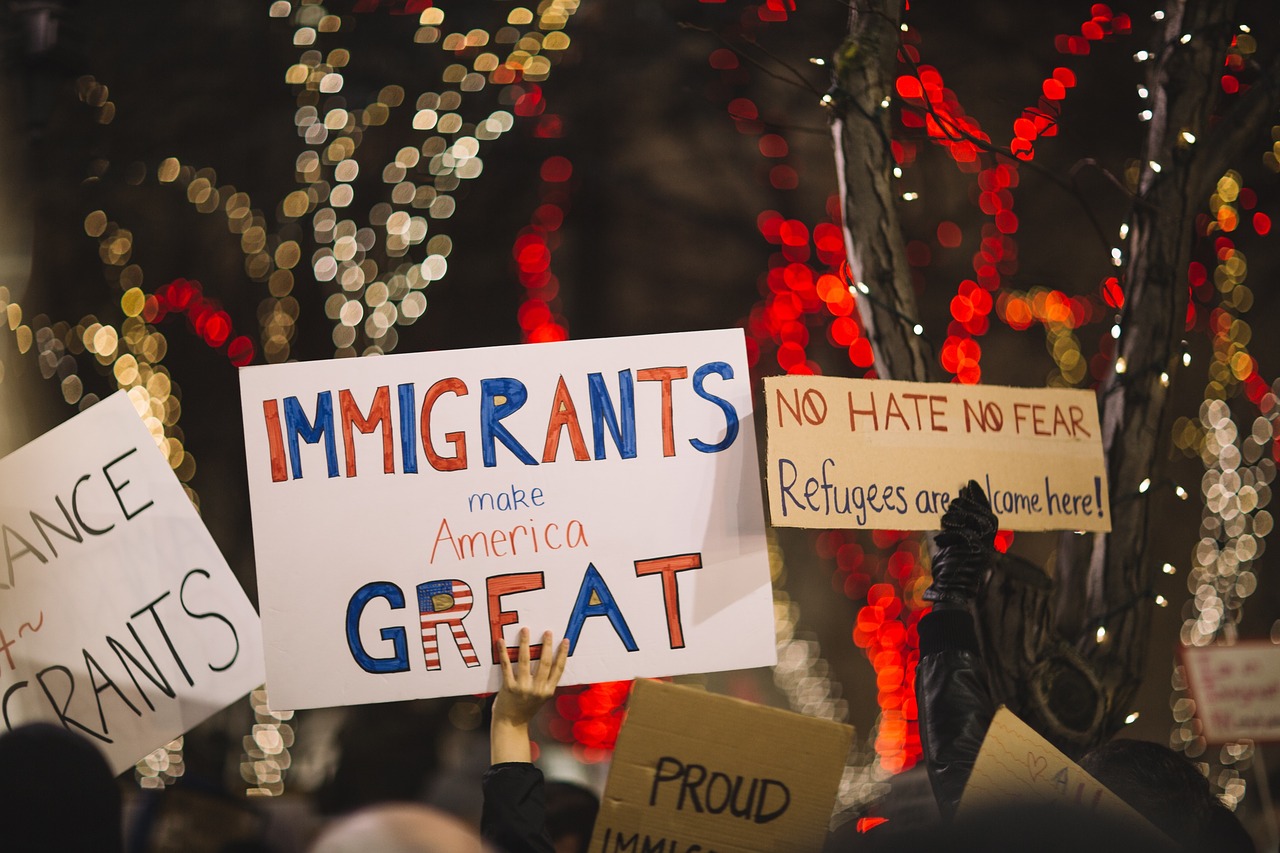FOR IMMEDIATE RELEASE
May 18, 2020
CONTACT
– Juan Gastelum, National Immigration Law Center, (213) 375-3149, [email protected]
– Jen Nessel, Center for Constitutional Rights, (212) 614-6449, [email protected]
– Alejandra Lopez, The Legal Aid Society, (917) 294-9348, [email protected]
– Yatziri Tovar, Make the Road New York, (917) 771-2818, [email protected]
Advocates Ask District Court to Block Public Charge Rule Amidst Pandemic Following SCOTUS Rejection
Obstacles to public benefits will exacerbate health and economic crises, attorneys argue
NEW YORK — Today, lawyers from the National Immigration Law Center, the Center for Constitutional Rights, The Legal Aid Society, and Paul, Weiss, Rifkind, Wharton & Garrison LLP joined New York State Attorney General Letitia James arguing (via video) before a federal district court judge regarding three related lawsuits challenging several Trump administration “public charge” rules and seeking a preliminary injunction to stop enforcement during the COVID-19 pandemic.
The rules, which penalize immigrants who access certain public benefits or are deemed at risk of someday needing public benefits, primarily affect low-income immigrants of color. The rules are particularly harmful during the current public health crisis, as they cause families to forgo much-needed health care, food, and housing assistance. Among the issues argued today is an emergency motion to block the rule from remaining in effect during the pandemic.
“The Trump administration’s tests dangerously attack immigrants of color and low-income families who already lack health access and are currently facing food insecurity,” said Javier H. Valdés, co-executive director of Make the Road New York. “As the country faces a public health crisis, allowing these racist wealth tests to continue to be imposed on our immigration system can cause catastrophic harm to our loved ones and neighbors. We urge the court to put a stop to these unlawful and inhumane policy changes.”
Earlier in the pandemic, the U.S. Supreme Court rejected an emergency request, filed by Attorney General James on behalf of three states and New York City and supported by community groups that have sued over the public charge rules, to block one of the rules from taking effect amid the pandemic. Today, the attorney general, joined by the plaintiffs in the Make the Road New York v. Cuccinelli case, urged the district court to halt the Department of Homeland Security public charge rule during the COVID-19 emergency, an avenue left open by the Supreme Court decision. Also argued today were Trump administration motions to dismiss in the Make the Road New York v. Cuccinelli case, as well as the Make the Road New York v. Pompeo case challenging the U.S. Department of State public charge rule, as well as a presidential proclamation that bars entry to immigrants based on their ability to pay for health insurance.
Community groups, including lead plaintiff Make the Road New York, say that all these rules chill immigrants from accessing public benefits, because under the rules doing so threatens their immigration status. The public charge rules redefine and broaden the meaning of a “public charge” from those who are primarily reliant on government aid to include anyone who is likely to use any amount, at any time in the future, of various cash and noncash benefits, including Medicaid, food stamps, and housing subsidies. The presidential proclamation requires immigrants to demonstrate the ability to obtain private health insurance within 30 days of arrival in the U.S. or financial resources to pay for future medical costs, and bars entry to those who cannot. Advocates condemn the rules and proclamation as unlawful and discriminatory wealth tests.
“During this unprecedented pandemic, everyone, regardless of immigration status, needs access to the health care and government benefits for which they are eligible,” said Susan Welber, staff attorney in the Civil Law Reform Unit at The Legal Aid Society. “As long as people are deterred from seeking testing or treatment for COVID-19 and other types of vital benefits like food assistance out of fear of immigration consequences, efforts to slow the spread of the coronavirus are impeded and put immigrants and nonimmigrants alike at risk.”
“The implementation of these arbitrary and discriminatory rules, which target immigrants with medical conditions and low-income immigrants of color, is unconstitutional and undermines community efforts to combat the global pandemic,” said Ghita Schwarz, senior staff attorney at the Center for Constitutional Rights.
“The pandemic has brought to light how all of us are interconnected and essentially dependent upon each other. Yet this discriminatory wealth test is needlessly undermining everyone’s health, safety, and economic security,” said Joanna Cuevas-Ingram, staff attorney at the National Immigration Law Center. “The Trump administration’s relentless effort to put these new public charge regulations and his own ‘health care proclamation’ into effect puts lives at risk, hurting public health, the economy, and us all. The court heard powerful evidence today about why it can and should stop these regulations and the proclamation before they cause even more damage and harm to everyone.”
Make the Road New York v. Cuccinelli was filed by The Legal Aid Society, Center for Constitutional Rights, and Paul, Weiss, Rifkind, Wharton & Garrison LLP on behalf of Make the Road New York (MRNY), African Services Committee (ASC), Asian American Federation, Catholic Charities Community Services (CCCS), and Catholic Legal Immigration Network, Inc. (CLINIC).
Make the Road New York v. Pompeo was filed by The Legal Aid Society, Center for Constitutional Rights, National Immigration Law Center, and Paul, Weiss, Rifkind, Wharton & Garrison LLP on behalf of Make the Road New York (MRNY), African Services Committee (ASC), Central American Refugee Center New York (CARECEN-NY), Catholic Legal Immigration Network, Inc. (CLINIC), Catholic Charities Community Services (CCCS), and individual plaintiffs.
###






